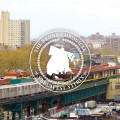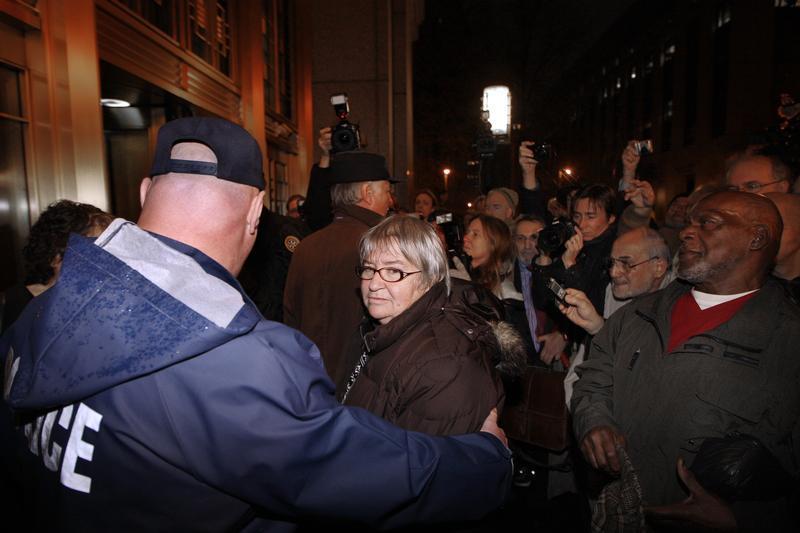By Gary Robertson
RICHMOND, Virginia (Reuters) – The mayor of Richmond, Virginia, announced plans on Monday to build a minor-league baseball park on the site of a slave market and cemetery, prompting an outcry over what protesters said would be desecration of the area.
Mayor Dwight Jones, a black minister, said the 7,200-seat ballpark would generate badly needed jobs and revenue and include a $30 million memorial. The ballbark is part of a $200 million development in Richmond’s Shockoe Bottom neighborhood.
“No one will be left behind,” Jones told several hundred supporters who had gathered at the site to hear of the development plans.
The park would be the home of Richmond’s Flying Squirrels, an affiliate of the San Francisco Giants. The complex will include 750 apartments and a hotel.
Richmond, the capital of Virginia, was also the seat of government of the Confederacy during the 1861 to 1865 Civil War.
Historians have said that thousands of people were sold into bondage at the slave market that was at the site. The market was the second largest in the United States. The cemetery is believed to be the burial site of Gabriel Prosser, who led an unsuccessful slave rebellion in 1800.
Shockoe Bottom now is a mixture of open lots, abandoned businesses, highways and new development, including rebuilt historic buildings and apartments. The burial ground and slave market have disappeared under later buildings and roads.
Black organizations such as the African Ancestral Chamber oppose the Shockoe Bottom plan, saying the proposal is insensitive and tramples on black history.
“It’s an insult to our ancestors and a desecration of this area,” said Andwele Gardner of the Ancestral Chamber, who was among about 50 people who protested as Jones outlined the plans.
Protesters chanted, “Don’t leave our ancestors behind.” They carried signs saying, “No Stadium on Sacred Ground” and “Stadium, No. Historic District, Yes.”
Opponents have circulated a petition against the plan that so far has more than 1,600 signatures.
Jones, a Democrat, said the project would help revitalize the area and generate 400 new jobs as well as 1,000 construction jobs.
Just over a quarter of Richmond residents live in poverty, above the U.S. average of 15 percent.
Delores McQuinn, chairman of the Richmond Slave Trail Commission, told the crowd that she backed Jones’s plans.
The development is targeted for completion in 2016. The City Council needs to approve the project.
(Editing by Ian Simpson, Ellen Wulfhorst and Diane Craft)















Follow Us